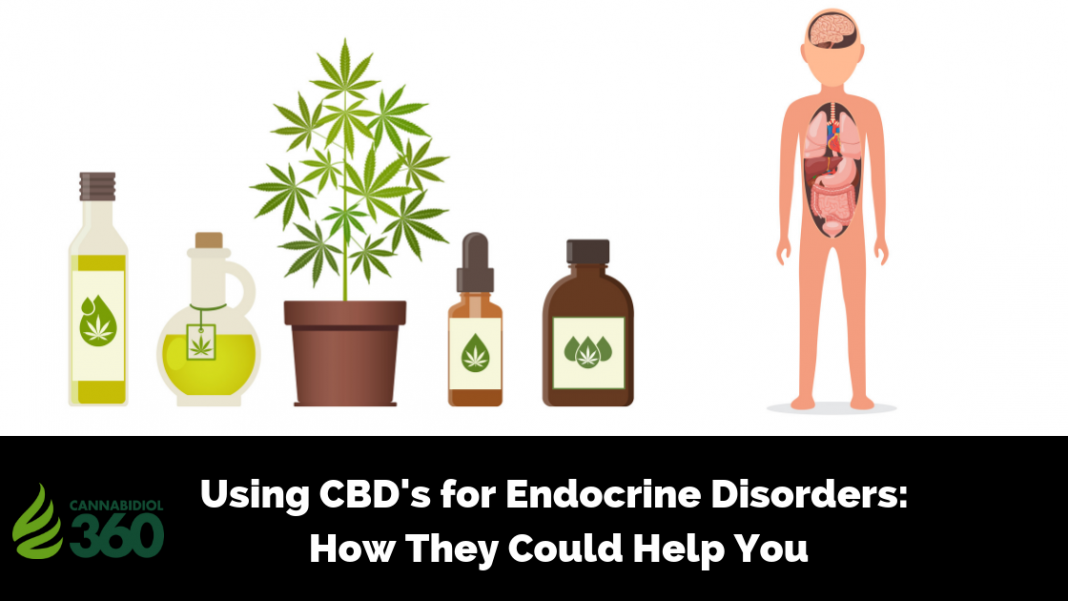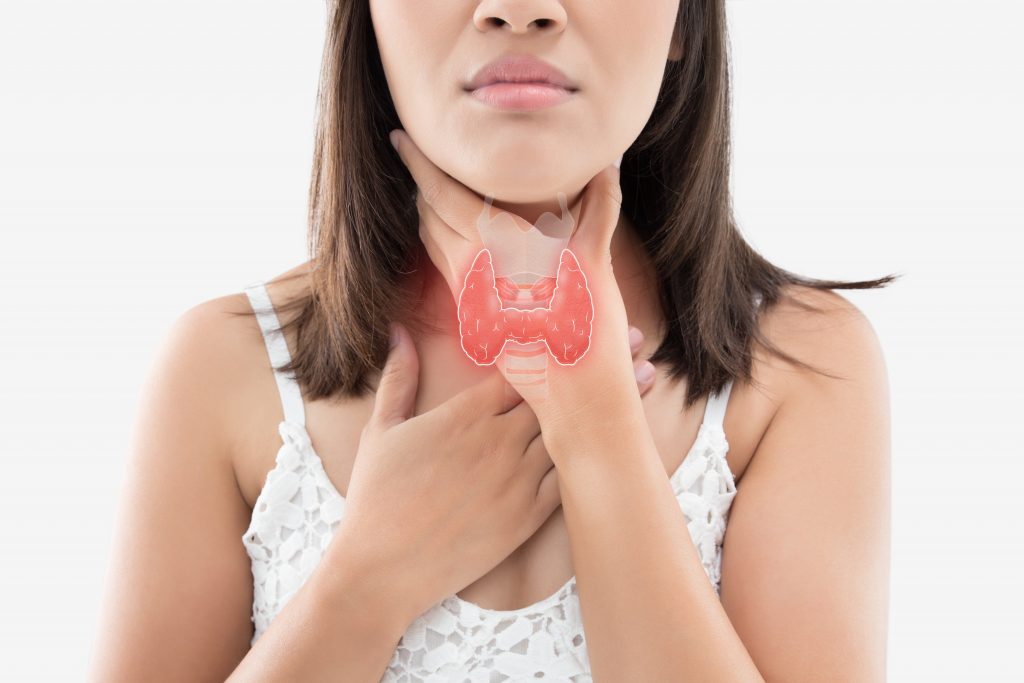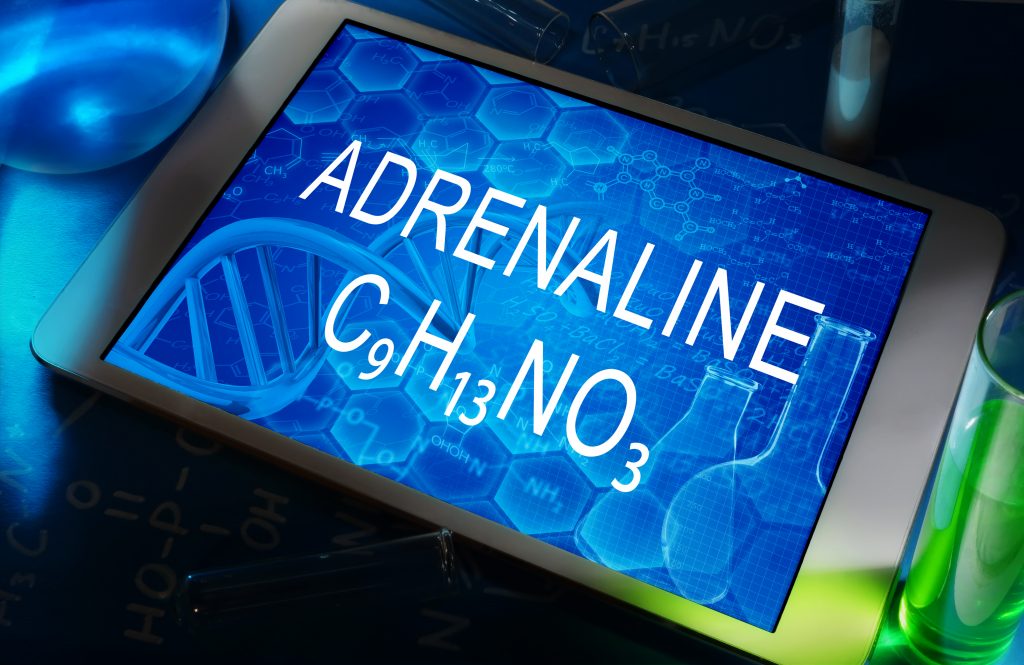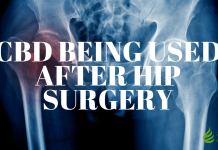
The endocrine system is a network of hormone producing glands. These hormones affects all sorts of things from puberty to pregnancy and lactation to stress, weight management and even bone management.
Malfunction of the endocrine system could be caused by one of three problems. Hyposecretion meaning that the body will be deprived of a particular hormone.
It could also be hypersecretion which is excess hormone in the blood. The drainage facility in the body is not working too well.
It could also be due to lesions in the glands. Lesions could be nodes or tumors.

The malfunction of the endocrine system is brought about by multiple things. It could be one of a combination of factors. It could be a problem in the feedback system or miscommunication between glands.
The system that communicates need to increased or decreased secretion of a particular hormone. It could also be due to disease, genetic, disorders or infections.
Diabetes, both type 1 and 2 is one of the most common forms of endocrine diseases. There are many other types of course.
A visit to an endocrinologist is warranted to ensure that the correct diagnosis is made for development of an effective treatment plan. Millions of people suffer from endocrine disorders all over the world, only about half of those are aware of the fact.
In a sad turn of events, one will usually find out about the disorder at a late stage making recovery virtually impossible.
The endocannabinoid system is instrumental in maintenance of endocrine health. The receptors are scattered all over the body including on endocrine passages to allow interaction of the two systems for optimum function.
To determine the role of CBD in each gland, it is important to look into the relationship between that gland and the endocannabinoid system.
- Hypothalamus
The hypothalamus is smack in the thick of it. Malfunction of this gland can very easily affect function of another. It’s located in the brain.
The hypothalamus is responsible for modulation of stress, metabolism, reproduction, and lactation. The hypothalamus plays a very big role in the action of the neuroendocrine system.
The endocannabinoid system has been known to influence hypothalamus activity. Several studies have linked the cannabinoid receptors to the work performed by gland associations like the HPT axis for example.
Hypothalamic disease could be used by anything from malnutrition to genetic disorder and radiation. Approaching the disease through the endocannabinoid system would prove very useful in management of symptoms and effective treatment.
- Pituitary
This is a little gland right below the hypothalamus at the base of the rain. It is attached to the hypothalamus through nerve fibers.
One of the most notable activities is stress regulation by the hypothalamic-pituitary-adrenacortical axis. This axis is riddled with cannabinoid receptors which work to grease the wheels for a smoother operation.
The pituitary is prevalent to tumors and other types of lesions. Cushing’s syndrome and Acromegaly are two of the most common pituitary diseases.
A point to note from this point on, most endocrine axis will begin with ‘hypothalamis-pituitary’. This would serve as evidence that the hypothalamus and pituitary are the pillars on which other endocrine functions are propped.
- Thyroid

This is located further down at the throat. The cannabinoid receptors play a large role in this gland generally improving health and performance of the thyroid. There are also receptors in the hypothalamus paraventricular nucleus. This is a part of the brain that communicates directly with the thyroid gland.
A study in 2009 was published in the Journal of Endocrinology, it provided evidence of the presence of receptors in the hypothalamic-pituitary-thyroid axis.
It was found that the endocannabinoid system played a role in regulation of thyroid hormones. The same stance had been posed by a animal study earlier in 2002. The animal study also found some anti-thyroid cancer properties in CBD.
The National Institutes of Health conducted a study in 2015, the study found that cannabinoid receptors were viable therapeutic avenues for malignant and benign thyroid lesions.
CBD would be useful in treating the symptoms like pain, depression, dry itchy skin and inflammation.
- Parathyroid
This is located behind the thyroid gland. About two percent of the population develops a tumor in the gland which brings about hyperparathyroidisms. The next step is hypercalcemia which is an adverse abundance of calcium in the body, the gland is meant to regulate calcium in the body, especially the bones.
CBD is an excellent candidate for inhibit growth of the parathyroid tumor cells. The same could also induce apoptosis or, in layman’s terms, cell suicide. The ECS in this case will work as an inhibitory and stimulatory helping hand.
That is to say that in the case of too much, reduction will be put into effect. In case of too much, production will be started up. The key is to maintain a heathy endocannabinoid tone.
- Thymus
This is only active for the few first years of life. I fact by the time you are 70 this gland is mostly just a mass of tissue and fat. It is located behind the sternum between the lungs. It produces the hormone thymocin which is integral in protection of the lymphatic system.
Thymocin goes a long away in discouraging autoimmunity and contributes to T-Cell maturation. CBD and the whole cannabinoid receptor community as a whole s largely dedicated to ensuring immune system health in a bid to maintain homeostasis.
- Adrenal

These are located above the kidneys. They produce a hormone that is responsible for modulation of blood pressure and even adrenaline which is a stress tolerance hormone. Malfunction is measured through blood, saliva or urine.
The symptoms will usually be fatigue, abdominal pain, nausea, low blood pressure, and dizziness. One of the adrenal disorders is Addisons disease.
- Pancreas
This gland produces insulin, glucagon and digestive enzymes. The pancreas is responsible for one of the most common endocrine disorders, diabetes. CBD is well versed and capable in regulating secretion as per the requirements of the body.
The endocannabinoid system would be able to tell if the Insulin needs are a little too erratic. Over the years studies have been conducted with pancreatitis as the chief culprit. It has been proven in no uncertain terms that CBD is potent against pancreatic diseases.
- Gonadal
This does involve the sexual organs. Now you know the origin of that colloquial term for testes. This gland is responsible for sexual health and reproduction. By stimulating this gland into action, one stands to gain an increased libido or better chances at conception.
The chemical interactions are different in both men and women though. A study found cannabinoid receptor presence along the hypothalamic-pituitary-gonadal axis, this area is responsible for all things primal sexual needs and reproduction.
CBD for the Symptoms
When one is faced with a medical situation they require urgent attention to manage the symptoms, be it pain or otherwise. CBD would be useful for mot if not all symptoms related to endocrine disorders.
Consider the nausea and vomiting, a combination or any one of these two will lead to dehydration and will surely make the situation worse. It could turn fatal fast. CBD is an antiemetic. Others include dry itchy skin and weakness.
Dosage
The best way to take CBD would be to combine forms of consumption. Due ro prevalence to vomiting. You could take a sublingual approach. It would be quick and effective. Oral would be a risk. You may also consider an intravenous approach.
Ensure to keep well dosed throughout the day.












